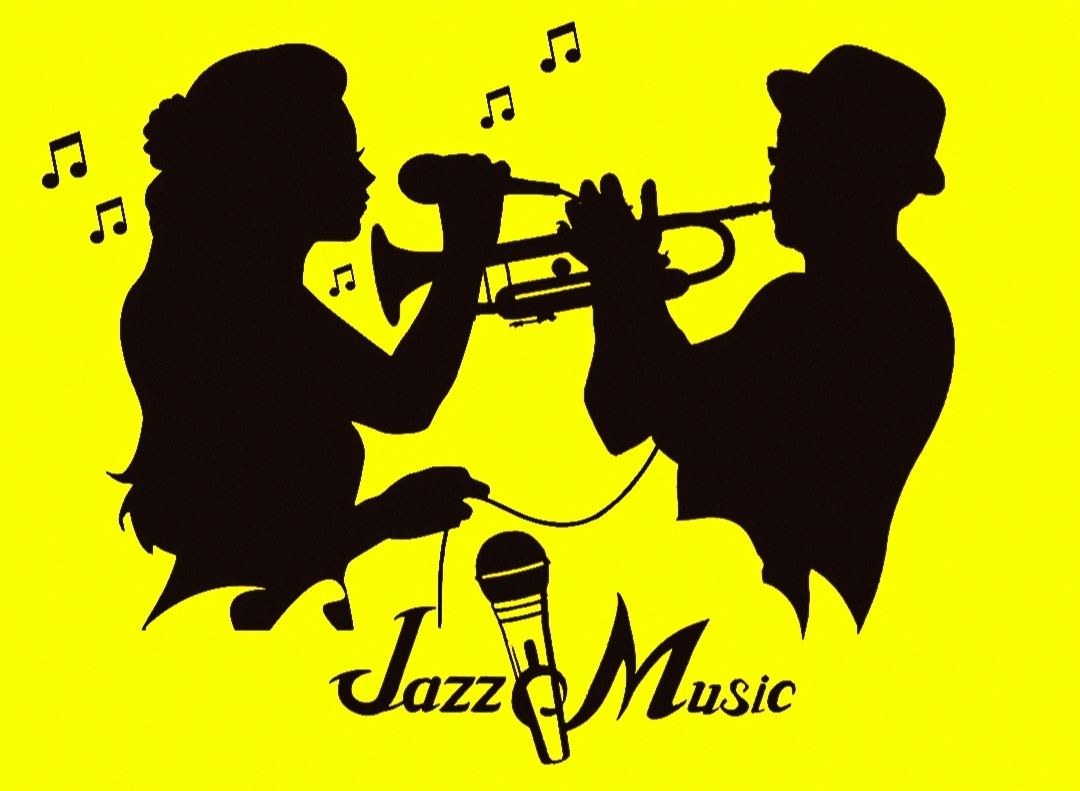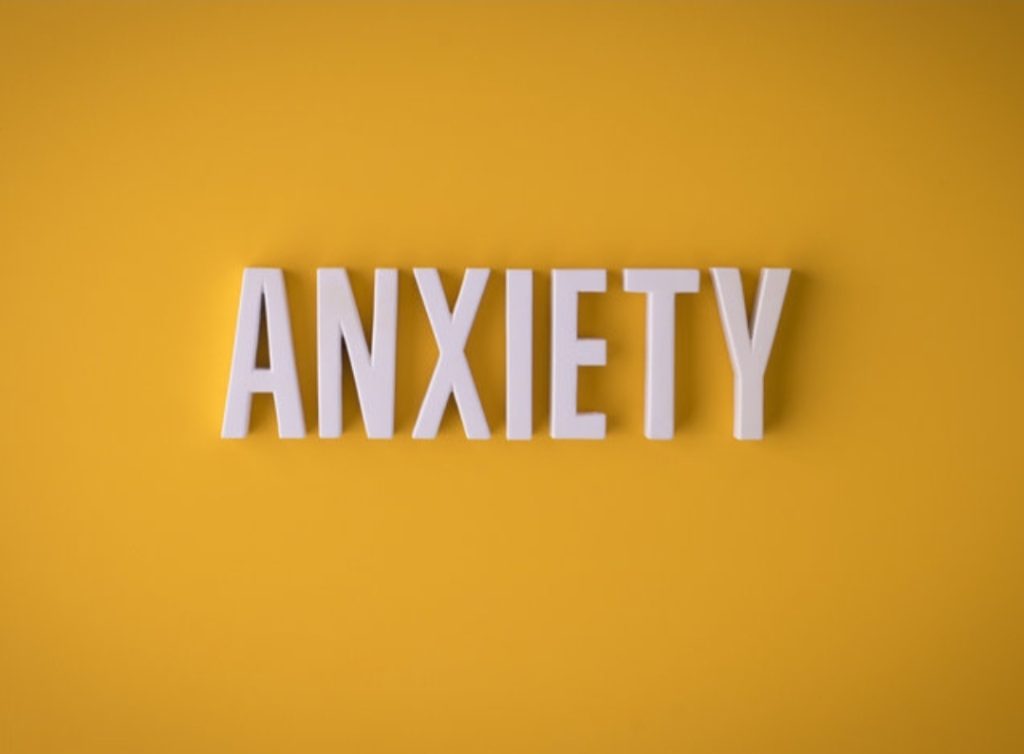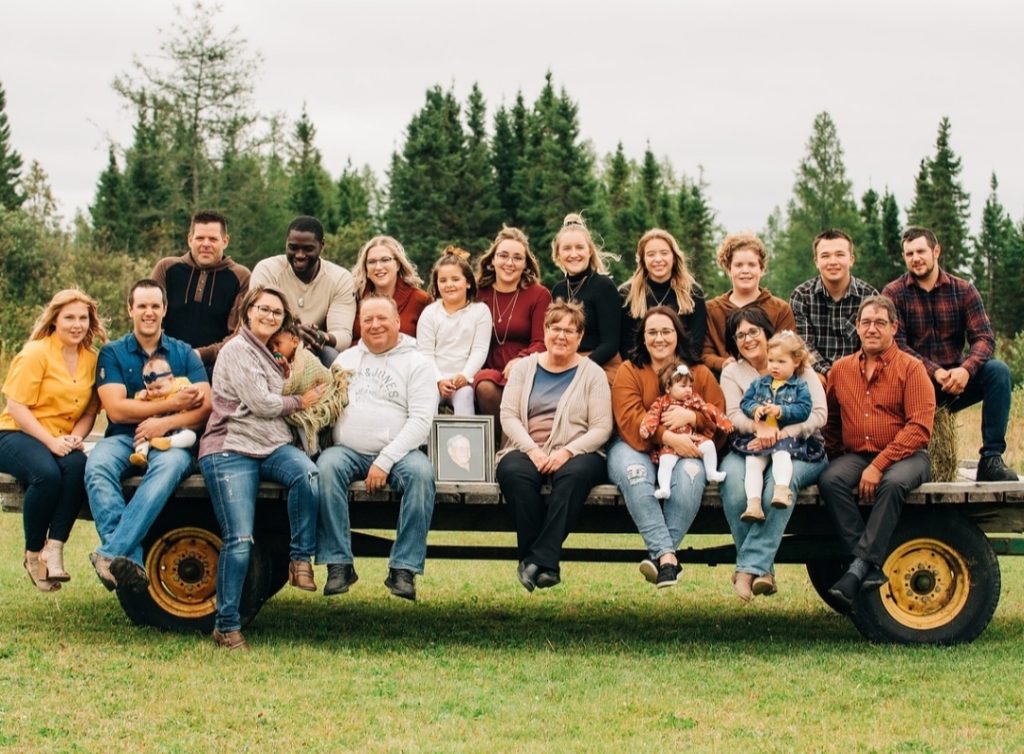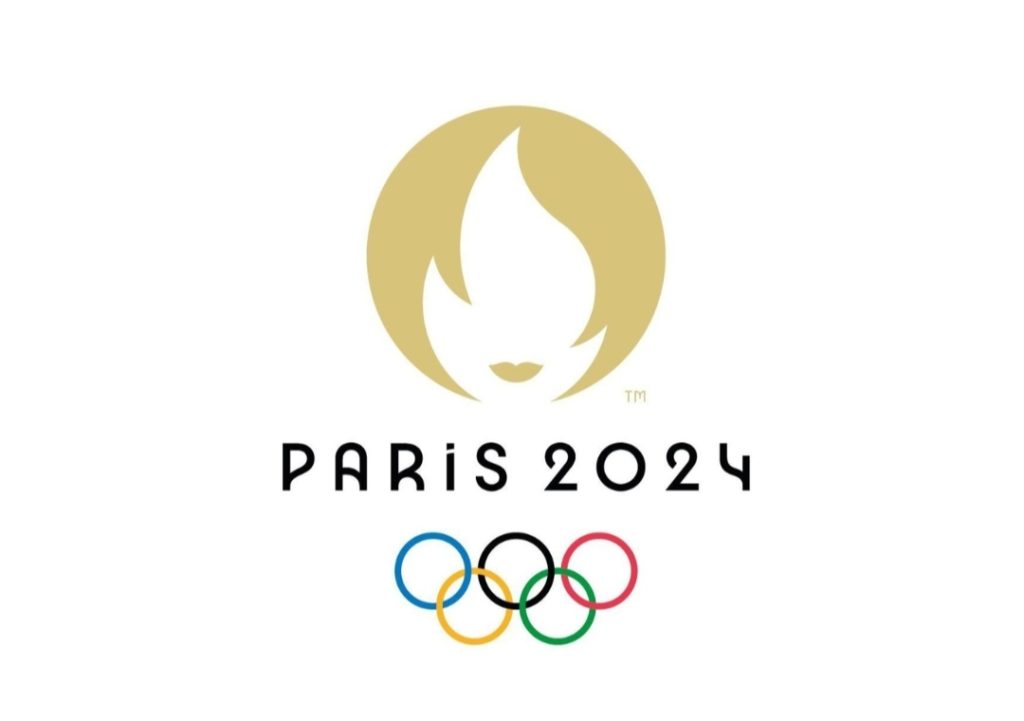The Origins of Jazz
Jazz was developed by African Americans and influenced by both European and African rhythms. It was developed from influences of ragtime and blues and often features polyphonic ensembles, varying degrees of improvisation, and syncopated rhythms.
Jazz greats Louis Armstrong and Jelly Roll Morton borrowed blues and ragtime music and improvised them, which led to jazz. That famous Southern jazz from New Orleans soon became known as Dixieland jazz.
Jazz music usually consists of drums, keyboards, bass guitars, trumpets, trombones, saxophones and vocals.
The Jazz Movement
African American bandleader Buddy Bolden was called the “first man of jazz” by historian Donald Marquis. Buddy was at the forefront of the jazz movement and played the cornet in New Orleans’ Red light district by night and its dance halls by day.
Lacking formal training, his unique style of music made him the first “king” of New Orleans jazz. He went on to inspire other jazz greats such as Louis Armstrong, King Oliver, and Kid Ory.
The Birthplace of Jazz
New Orleans being the birthplace of jazz has been debated, but various forms of jazz were practiced in Los Angeles, Kansas City, Denver, New York City, and Baltimore. While it’s uncertain where it was born, it definitely originated in the United States in the late 1900s.
Jazz was initially spelled as “jas” or “jass” in the early days The term was applied to music in Chicago in 1915. Some say Chicago borrowed the word from San Francisco.
After slavery was abolished, previous African American slaves moved to cities and found work as musicians.
Shrouded in Controversy
While jazz is popular today, in the early days in New Orleans, jazz met with disapproval because it was associated with sex. Before World War I, jazz was performed in brothels as well as at picnics and parades.
In the 1900s, jazz was coined as being the “Devil’s Music.” Things got so bad that there were campaigns to censor it. One reason jazz was so disliked was because while it followed classical music, it lacked the structure of classical music. Since it had African American roots, many believed there was a negative dynamic around jazz. It was mostly criticized by older conservatives who thought it increased immorality and youth promiscuity. Since jazz had African American roots, some believed racial tension led to negative energy regarding it.
Ingrid Monson, Quincy Jones Professor of African American music at Harvard University, and author of Freedom Sounds: Civil Rights Call Out to Jazz and Africa, wrote, “the art music known variously as jazz, swing, bebop, America’s classical music and creative music has been associated first and foremost with freedom. Freedom of expression, human freedom, freedom of thought and the freedom that results from an ongoing pursuit of racial justice.”
What is So Special About Jazz?
Listening to jazz is like swimming in a pool surrounded by silk. Jazz tickles the soul and tantalizes the spirit. Like with other music, those who listen to jazz can benefit from stress reduction. And who doesn’t want to relieve stress?
Jazz Greats
Many jazz greats have forged their talented legacy in history. Ella Fitzgerald was known as the Queen of Jazz. Duke Ellington led the most influential jazz orchestras in jazz history. Louis Armstrong was a pioneer of jazz improvisation. Miles Davis helped develop assorted styles of jazz such as cool jazz, hard bop, modal jazz and fusion. John Coltrane was a leader of the avant-garde jazz movement. And jazz vocalist Billie Holiday once stated she viewed her voice as a musical instrument and her vocals expressed her feelings.
Jazz artists such as Steve Cole, Wynton Marsalis, Herbie Hancock, Kamasi Washington and Esperanza Spalding have created their own signature styles of jazz for us to enjoy. And while jazz may have been overshadowed by R&B, hip hop and pop, it is still loved, admired and appreciated as a relevant form of artistic expression today.
Her Nexx Chapter invites you to join our free Community where women from around the world are connecting with each other’s stories, exploring different experiences, and transforming ideas.
The Future of Connection for Women








0 Comments